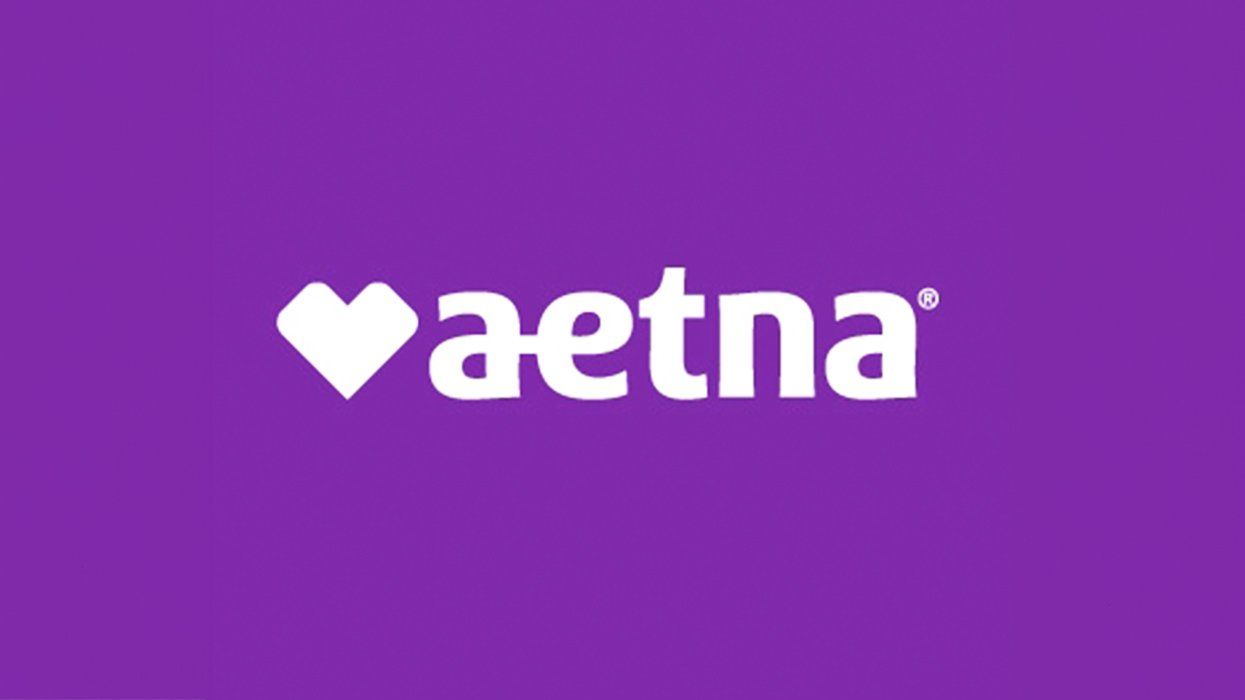Aetna announced today it is expanding its fertility coverage regardless of the policyholder’s sexual identity or partner status.
Keep up with the latest in LGBTQ+ news and politics. Sign up for The Advocate's email newsletter.
The announcement comes after Aetna agreed to eliminate disparities between straight and LGBTQ+ policyholders for coverage of intrauterine insemination (IUI) as part of a settlement agreement in a lawsuit earlier this year. With the new policy, Aetna is the first major national health insurer to provide such coverage nationally.
“Expanding IUI coverage is yet another demonstration of Aetna's commitment to women's health across all communities, including LGBTQ+ and unpartnered people,” Cathy Moffitt, MD, senior vice president and Aetna chief medical officer, CVS Health, said in a press release. “This industry-leading policy change is a stake in the ground, reflecting Aetna’s support of all who need to use this benefit as a preliminary step in building their family.”
“We know firsthand the barriers people face in accessing needed medical care to start or grow their families,” Kate Steinle, chief clinical officer of the LGBTQ+ healthcare provider FOLX, said in a press release. “As an in-network provider focused on the LGBTQ+ community, we applaud Aetna's efforts to reduce out-of-pocket costs, so that more people can have the families they dream of – and deserve.”
Under its previous policy, Aetna provided IUI coverage to straight couples who claimed they had been unable to conceive after engaging in unprotected vaginal intercourse for the previous six or 12 months depending upon age. LGBTQ+ individuals or couples were required to pay out of pocket for 12 cycles of IUI before they became eligible for coverage.
The policy was the subject of a lawsuit by writer Emma Goidel and others with assistance from the National Women’s Law Center (NWLC). Lead plaintiff Goidel and her partner, writer Illana Caplan, were forced to pay $45,000 from their savings before Aetna would provide IUI coverage under their policy through the Student Health Plan for Columbia University.
Goidel filed suit when the couple learned straight policyholders were only required to state they had been unable to conceive a child following up to a year of unprotected sex to receive immediate coverage.
“How is it OK to say if you’re straight and your partner can’t get you pregnant, you come into the doctor and we’ll cover your treatment, but if you’re a queer and your partner can’t get you pregnant, too bad you’re going to pay?” Goidel asked in an interview with ABC News in 2023.
Without admitting liability, Aetna agreed to take steps to eliminate the disparity in fertility treatment coverage for straight and LGBTQ+ policyholders regardless of partner status. The insurer also agreed to re-process and reimburse eligible claims up to plan limits and establish a $2 million fund to compensate each class member.
“This settlement is a big win for queer families. It means so many of us who hope to become parents or have more children can now begin the journey to do that with the same access to fertility treatment coverage as heterosexual couples,” Goidel said in a press release in May announcing the settlement. “We hope other insurance companies will follow Aetna’s example and review their policies to make sure everyone has equal access to fertility care.”
Goidel and Caplan have a son, Avi.
















